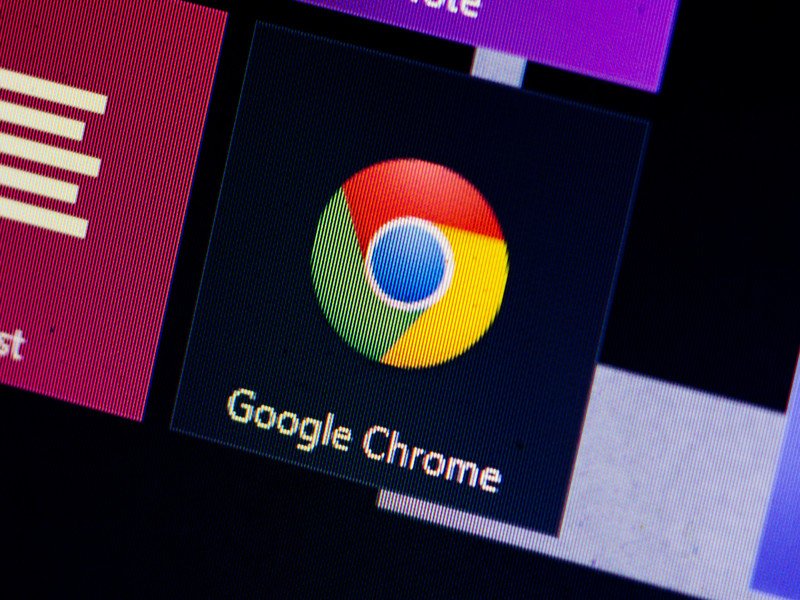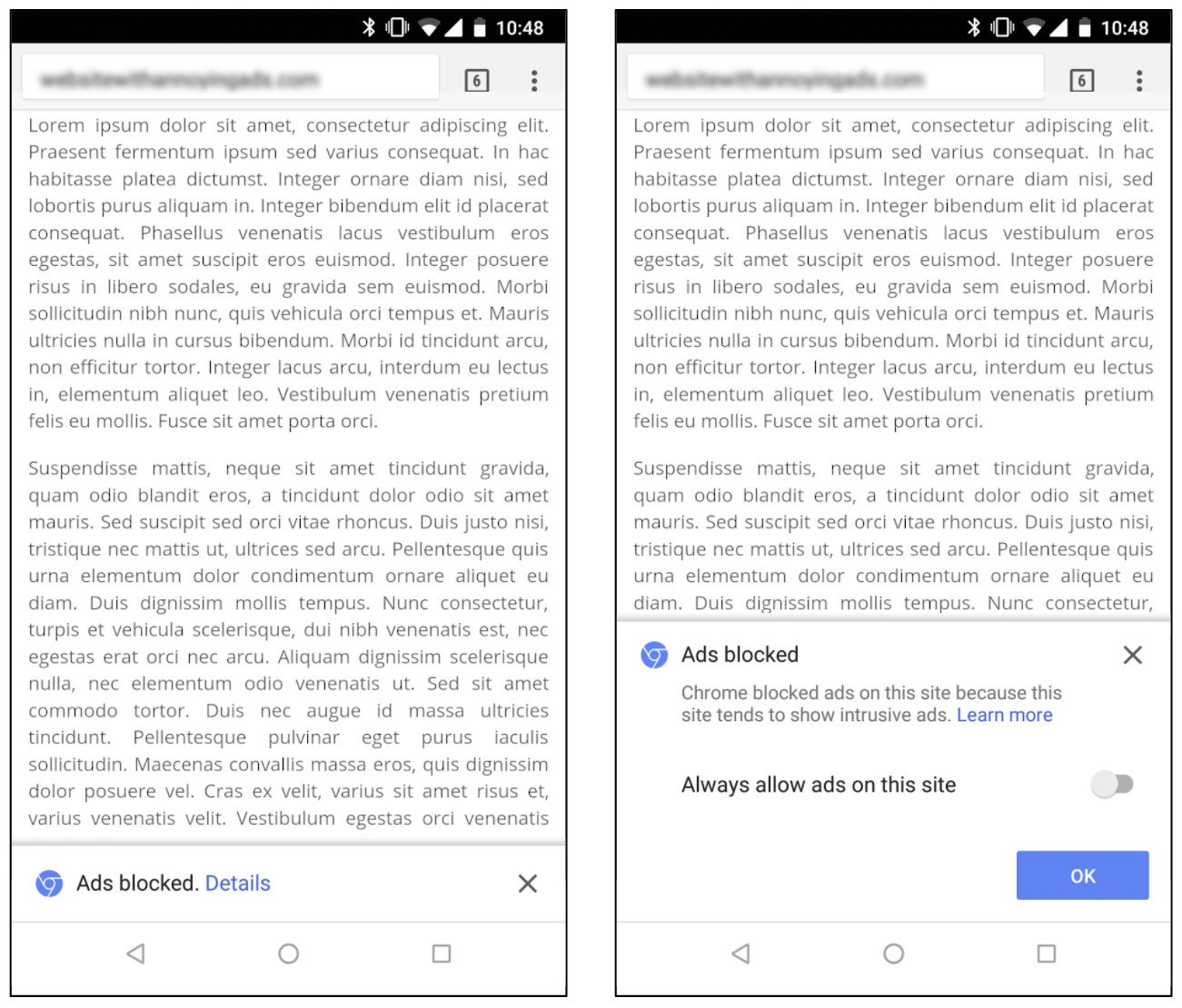This is how Google Chrome's new ad-blocker works
Last April, Google surprised a lot of us by announcing it was working on a built-in ad-blocker for Google Chrome.

All the latest news, reviews, and guides for Windows and Xbox diehards.
You are now subscribed
Your newsletter sign-up was successful
We got an update a few months later in December saying that the ad-blocker would be released at some point in February of 2018, and now on February 15, the feature is ready for prime time.
As we already knew, Chrome's ad-blocker will filter and hide any advertisements it detects on websites that don't follow the Better Ads Standard. This standard was created by the Coalition for Better Ads, and the goal of it is to give companies a clear guideline of what ads are appropriate and which ones are deemed intrusive.
There are currently 12 types of ads that don't meet the Standard's requirements, including the likes of pop-up ads, auto-play videos, full-screen ads that follow you as you scroll on your phone, and more.

Chrome's ad-blocker will be available for both desktop and Android users, and folks on desktop will be alerted of blocked ads near the address bar similar to how you're alerted of blocked pop-ups. For those on Android, you'll see a notification at the bottom of your screen letting you know that advertisements have been blocked. You can dismiss this and keep browsing like normal, or you can expand the notification and choose to always allow ads from that specific site.
Commenting on the ad-blocker, Chrome's Vice President, Rahul Roy-Chowdhury, said:
We've already seen more and more people express their discontent with annoying ads by installing ad blockers, but blocking all ads can hurt sites or advertisers who aren't doing anything disruptive. By focusing on filtering out disruptive ad experiences, we can help keep the entire ecosystem of the web healthy, and give people a significantly better user experience than they have today.
Google says that 42% of all sites that didn't meet the Better Ads Standards have updated their use of advertisements to meet these requirements as of February 12, and the goal with Chrome's ad-blocker is to make that number go up even more. Websites are given 30 days to change their online ads after being notified of not meeting the Better Ads Standards, and if they fail to do anything after that time allotment, Chrome will start block ads.
Now that Chrome's ad-blocker is here, are you inclined to start using the browser if you aren't already?
All the latest news, reviews, and guides for Windows and Xbox diehards.
Best Chrome extensions you didn't know about but should be using

Joe is a Former Contributor for Windows Central.
